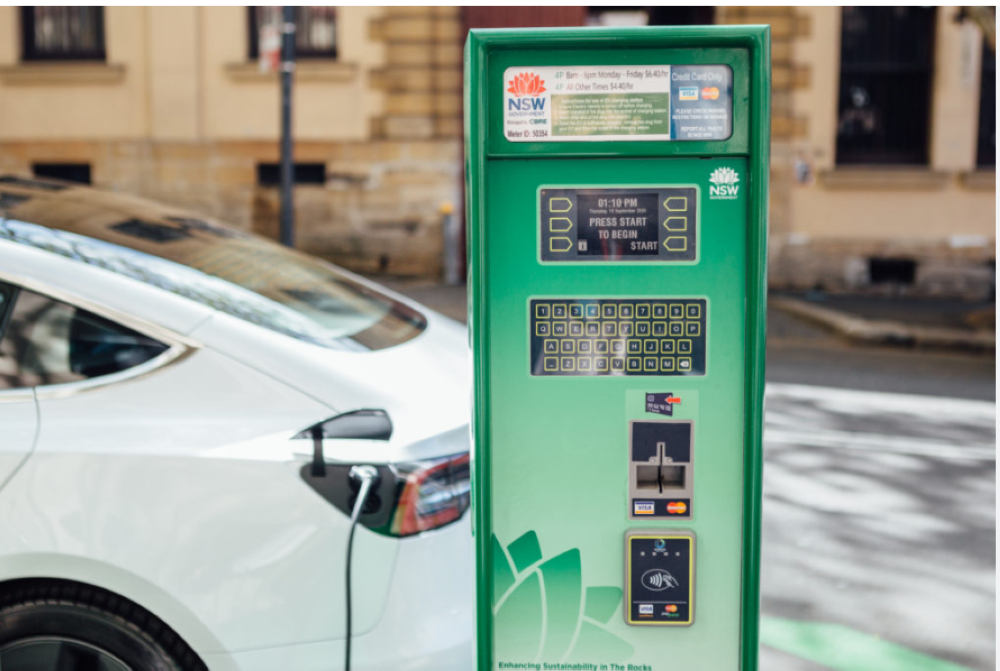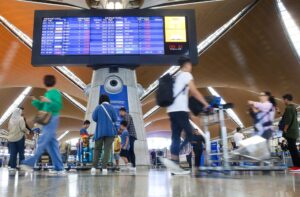PETALING JAYA, Aug 14 — Selangor‘s upcoming Selangor Intelligent Parking (SIP) system will centralise on-street parking management in four local councils — Petaling Jaya (MBPJ), Subang Jaya (MBSJ), Shah Alam (MBSA) and Selayang (MPS) — under a single integrated model.
Under the arrangement, local councils will set parking policies and rates, while Menteri Besar Incorporated (MBI) subsidiary Rantaian Mesra Sdn Bhd will coordinate the system.
A private concessionaire will operate the system, including fee collection, while enforcement will remain under council authority with operational support from the concessionaire.
State Local Government and Tourism Committee chairman Datuk Ng Suee Lim said the move will “streamline and centralise” parking services, improve efficiency and boost collection rates from about 30 per cent to 60 per cent.
The concessionaire is expected to invest around RM200 million in infrastructure, including about 1,800 CCTV cameras across the participating councils. Parking rates — currently between RM0.40 and RM0.60 per hour — will remain unchanged for now.
Revenue will be shared between the concessionaire (50 per cent), the local councils (40 per cent) and MBI (10 per cent).
However, some councillors and residents have voiced concerns over the revenue split and the expanded role of a private operator, warning of reduced oversight and possible long-term impacts on council income.
While the SIP framework is still being finalised, similar smart parking models have been implemented worldwide. Here’s how other countries manage such systems — and who controls the profits and data.
Taiwan
In Taipei, Tainan and Kaohsiung, parking meters are connected to the city’s IoT network, feeding real-time availability and usage data to mobile apps. Drivers are charged by the minute rather than fixed time blocks, encouraging vehicle turnover in busy areas.
Data is owned and regulated by local governments, with all revenue going into municipal budgets. Enforcement is carried out by city officers, not private firms, ensuring transparency in fines and collections.
Estonia
Known for its advanced e-governance, Estonia integrates parking into its X-Road national data exchange platform, enabling seamless communication between municipal authorities, police and transport agencies.
While private vendors may supply meters and apps, policy, enforcement and income remain under local authority control. Parking fees are dynamically adjusted based on demand, with real-time price displays.
In Seoul, Incheon and Bucheon, smart parking systems are linked to citywide traffic management platforms. Mobile apps locate and reserve spaces and connect unused private parking — such as in office buildings — to the public network.
Technology providers are often private, but oversight, fee setting and revenue collection remain public functions. Some cities use blockchain to track payments and curb fraud.
Singapore
Singapore’s Parking.sg app, developed by the Urban Redevelopment Authority (URA) and Housing & Development Board (HDB), is a model of user-friendly public sector innovation.
Drivers pay by the minute, extend sessions remotely and receive expiry reminders. While tech contractors assist in development, the government controls enforcement and retains all revenue.
United Kingdom
In cities such as London and Birmingham, councils hire private firms like NSL or APCOA to provide wardens, process payments and maintain equipment.
These companies are paid service fees rather than a share of collections. Penalty notices are issued under council authority, and parking income flows back to public budgets.
Australia
Sydney, Melbourne and Brisbane use smart meters and app-based payments, often from international vendors like Parkeon or Duncan Solutions.
Councils retain full control of pricing, rules and enforcement, using vendor systems solely as operational tools rather than revenue-sharing arrangements.
United States
Chicago’s 2008 decision to lease parking meters to a private consortium for 75 years is widely regarded as a cautionary tale.
The city received an upfront payment but lost control over pricing and billions in future revenue. Rates rose sharply, and the contract has proven difficult to renegotiate — a scenario many cities now avoid.
How Selangor‘s SIP compares
Unlike most models where public agencies retain control over both revenue and enforcement, Selangor’s SIP proposes a significant private role in fee collection and operational support for enforcement.
While centralisation could make parking more convenient for motorists and improve compliance, critics warn it may weaken local council oversight and divert funds from public services.
Experiences in Taiwan, Estonia and Singapore show that efficiency and transparency can be achieved without relinquishing control of data, enforcement and revenue to private operators.
As Selangor finalises its agreement, the decision will be whether SIP becomes a publicly accountable upgrade — or mirrors global cases where privatisation brought long-term trade-offs.






